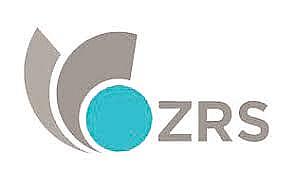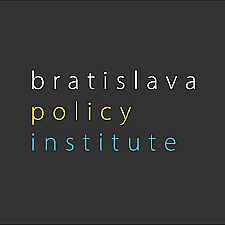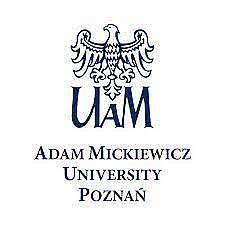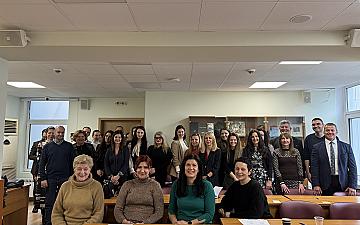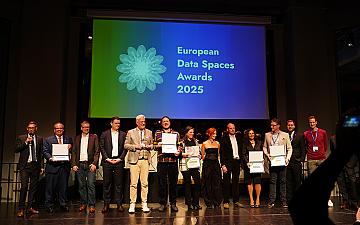Improving the application of the presumption of iNNOCENce when applying elecTronic evidence (INNOCENT)
Projects / Completed
Acronym: INNOCENT
Period: 16 May 2022 - 15 May 2024
Status: Finished
Description
The Improving the application of the presumption of iNNOCEnce when applying elecTronic evidence (INNOCENT) project focuses on procedural rights of persons suspected or accused of crime, in particular their right to be presumed innocent until proven guilty, and how this should be construed in the context of electronic evidence. INNOCENT targets exclusively Central and Eastern Europe jurisdictions in order to map the similarities, best and worst practices in the region with regards to the practical application of the presumption of innocence. INNOCENT further aims to enhance the cooperation between the neighbouring jurisdictions in regard to the juncture between the presumption of innocence and electronic evidence.
The planned activities consist of co-creating training materials, holding capacity-building events, and compiling policy guidelines and recommendations. The INNOCENT target groups are judges, including investigative judges, prosecutors, defence lawyers, including legal aid practitioners. They will benefit from the project activities by improving their knowledge on these novel issues and the improving the performance of their duties in a more reliable, evidence-based, and transparent manner.
INNOCENT pursues the following objectives:
- To perform in-depth research on the crosslink and balance between the presumption of innocence and e-evidence by combining various research methods.
- To increase the capacity of 240 national target groups’ representatives from the partner countries with regards to digital forensics and the establishment of the chain of custody.
- To engage 60 target groups’ representatives from Bulgaria, Croatia, Hungary, Poland, Romania, Slovakia, Slovenia, and Czechia in a co-creation process leading to the outline of capacity building and policy recommendations in view of the practical implementation of Directive 2016/343 in the context of e-evidence.
- To deliver a practical tool aimed at the target groups in terms of the e-evidence admissibility at court and its implications on the presumption of innocence.
- To formulate policy recommendations on national and pan-EU level with regards to the practical implementation of Directive 2016/343, in particular the presumption of innocence enshrined in the context of e-evidence application.
- To promote the project results across and beyond the partner countries and target groups via targeted awareness-raising and dissemination activities.
The INNOCENT project is coordinated by Law and Internet Foundation and is implemented with the support of the Justice Programme of the European Commission under Grant Agreement № 101056685.

Area
News
- INNOCENT Podcast with Digital Forensic Expert
- INNOCENT International Workshop in Bratislava presented the first draft of the upcoming Toolkit
- INNOCENT Project Newsletter End-of-year update
- INNOCENT Project Webinar with Cybersecurity Expert Dr. Alexander Kirkov
- National training, Bulgaria - part of the implementation of the INNOCENT project

